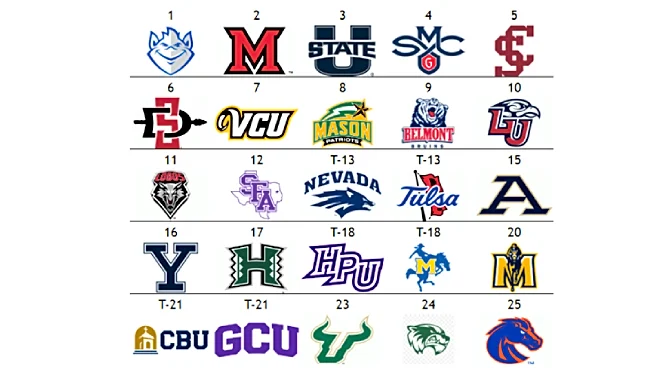Rapid Read • 8 min read
Iran, a Middle Eastern nation bordered by several countries including Iraq and Turkey, is facing significant challenges in its business climate and political-economic situation. With a population of over 82 million, the country is predominantly Shi'a Muslim, and Persian is the official language. The report highlights that Iran is ranked 130 out of 180 in Transparency International's 2017 Corruption Index, indicating pervasive corruption across its economy and political life. The country's GDP is approximately $418.88 billion, with a steady growth rate forecasted through 2022. Iran's government is a theocratic republic, with Supreme Leader Ali Hoseini-Khamenei as the Chief of State and President Hasan Rouhani heading the government.
AD
The high levels of risk in Iran's business environment and political-economic landscape have significant implications for international relations and economic partnerships. Corruption and institutional weaknesses deter foreign investment and complicate diplomatic engagements. The country's strategic location and vast natural resources, including oil, make it a critical player in regional geopolitics. However, the ongoing challenges could hinder economic development and stability, affecting global markets and energy supplies. Stakeholders, including multinational corporations and foreign governments, must navigate these complexities when considering economic or political engagements with Iran.
Iran's political and economic future remains uncertain, with potential impacts on regional stability and international relations. The upcoming elections and any shifts in government policies could influence the country's trajectory. International stakeholders will likely continue to monitor Iran's domestic and foreign policies closely, assessing risks and opportunities for engagement. Efforts to address corruption and improve the business climate could enhance Iran's economic prospects, but significant reforms are necessary to achieve meaningful progress.
The ethical and cultural dimensions of Iran's political and economic challenges are profound. The intersection of religion and governance in Iran's theocratic system presents unique challenges for reform and modernization. The role of the Supreme Leader and the influence of religious authorities on political decisions complicate efforts to address corruption and institutional weaknesses. Long-term shifts in Iran's political landscape could have far-reaching implications for its society and international relations.
AD
More Stories You Might Enjoy













